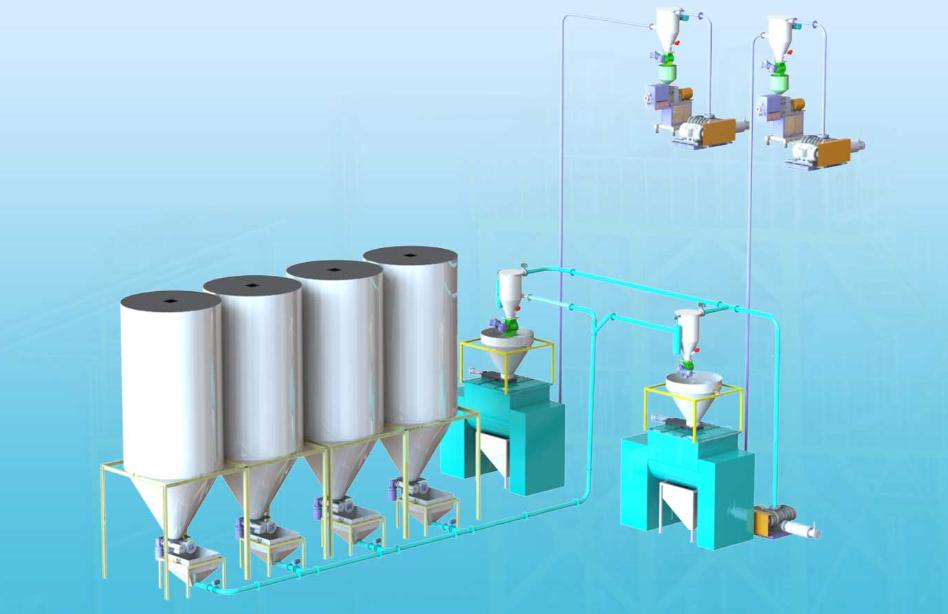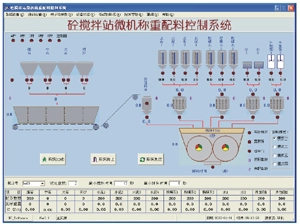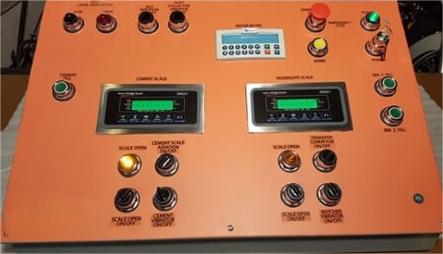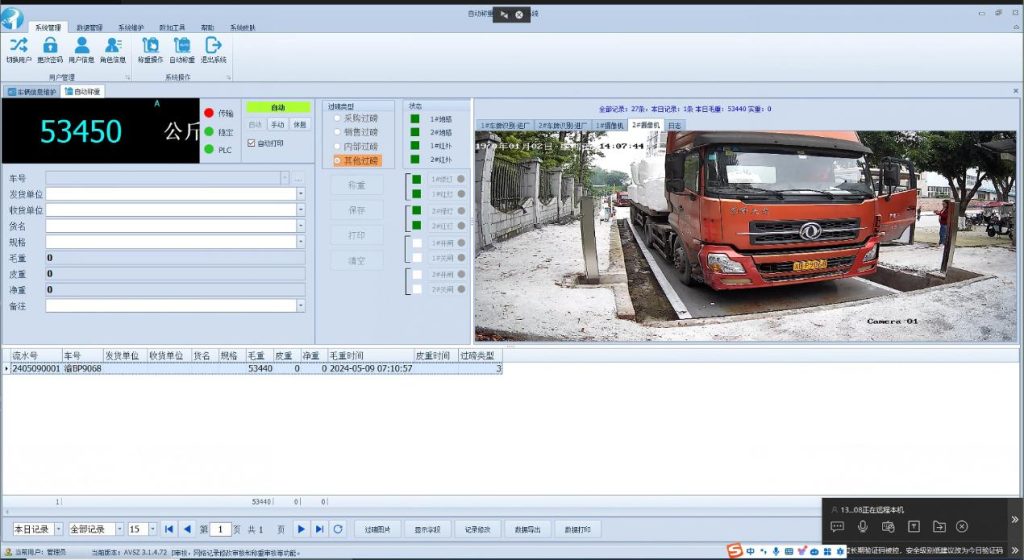Why Industries Need Batching Control Systems?(2025 Update)
What is a batching control system?
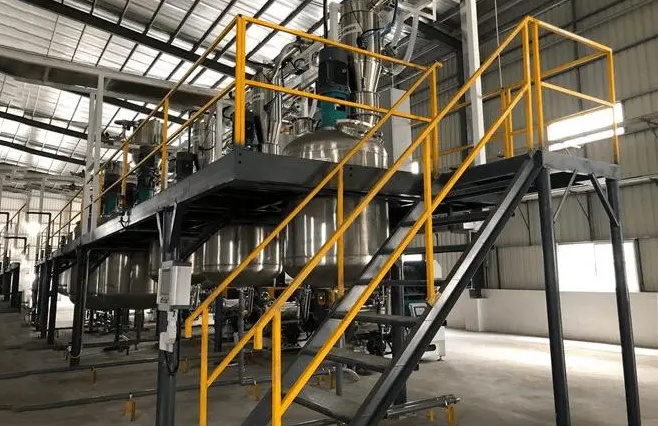
A batching control system is an industrial device that uses automation technology to precisely batch and deliver raw materials. It is commonly used in industries such as food, pharmaceuticals, chemicals, and building materials. The system’s core components typically include:
| Component | Function |
|---|---|
| High-precision sensors | Monitor weight and flow in real time |
| PLC controller | Handles logic operations and control signals |
| Human-Machine Interface (HMI) / Software platform | Allows operators to set recipes and monitor system status |
| Actuators | Such as valves, conveyors, or screw feeders, used for material transport and distribution |
| Data acquisition and recording module | Stores production data and enables traceability |
Operating Principle:
Raw materials are weighed by sensors → The PLC controller calculates and controls the delivery according to the set recipe → Various materials are automatically mixed in the correct proportions → Data is recorded in real time to ensure accurate and consistent batching for each batch.
Compared to traditional manual batching, automated batching systems can significantly improve accuracy, reduce human error, and save production time. The traditional model relies on manual weighing and mixing, which is not only inefficient but also prone to inaccurate proportions due to fatigue or negligence.
Improve Production Efficiency and Capacity
Batch control systems significantly speed up batching and reduce downtime through automation and real-time monitoring, thereby improving overall production capacity. According to industry statistics, companies that adopt batch control systems can see a 20-30% increase in production efficiency (source: industry white paper).
Key Benefits:
| Feature | Description |
|---|---|
| Real-time Monitoring and Adjustment | The system dynamically adjusts batch ratios during operation, reducing rework |
| ERP System Integration | Seamlessly connects production, inventory, and order data |
| Reduced Labor Costs | Reduces the need for manual weighing and record-keeping |
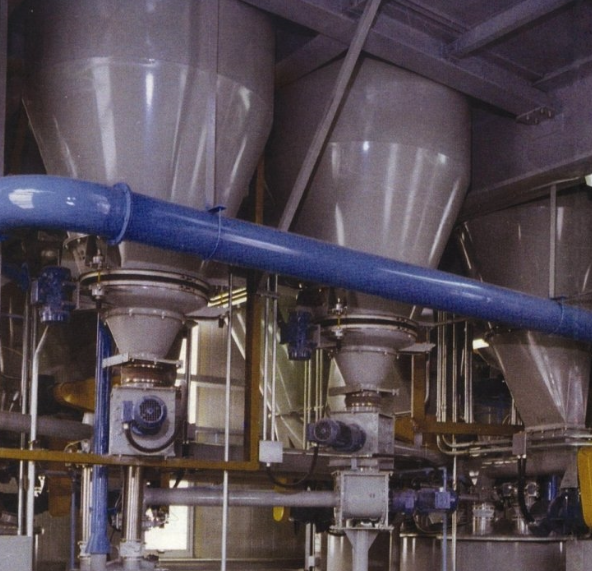
Ensure product quality consistency and accuracy
In modern manufacturing, consistent product quality is crucial for brand reputation. Our ingredient control system can achieve a ratio accuracy of less than 0.1%, effectively preventing batch-to-batch variations.
Examples of industry applications:
Food industry: Ensure consistent taste across batches, preventing consumer complaints due to ratio variations.
Pharmaceutical industry: Ensure stable drug efficacy and adherence to strict pharmaceutical production standards.
Key Benefits:
High-precision sensors reduce errors to less than 0.1%.
Data logging facilitates quality traceability and regulatory oversight.
Long-term stable product quality enhances brand reputation.
Reduce human error, waste, and safety risks
Traditional manual batching is prone to weighing errors, material waste, improper operation, and even safety incidents.
Batching control systems significantly reduce these risks through automated verification, alarm mechanisms, and remote monitoring.
Key Benefits:
Cost Savings: Reduce waste by over 15%.
Improved Safety: Avoid accidents caused by the misdosing or overdosing of chemicals.
Environmental Benefits: Accurate batching reduces excess material usage and waste emissions.
Final Words
Batching control systems have emerged as indispensable tools for industries seeking to optimize their processes, ensure product quality, and reduce waste. From food and beverage manufacturing to pharmaceuticals and beyond, these systems offer a myriad of benefits. By automating tasks, improving accuracy, and enhancing traceability, batching control systems empower businesses to achieve greater efficiency, competitiveness, and regulatory compliance. Batching control system manufacturer Bincen will be your reliable partner in your industry’s continued evolution.

